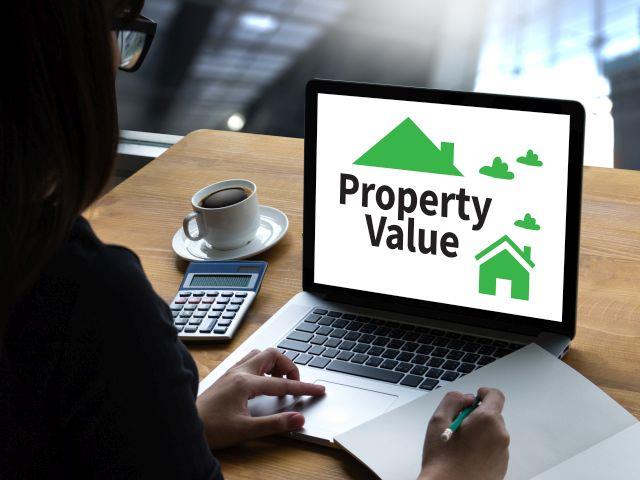Many property owners make the mistake of basing their property’s insurance value on its estimated market value because they confuse the two values. In doing so, their property may be over or under-insured - neither of which is desirable.

Determining replacement value
While an estate agent can determine the value for which your property will likely sell on the open market, an estate agent is not qualified to determine a property’s replacement value, says Björn Laubscher, Managing Director of Mirfin Valuation Services.
Defined as the value at which your property must be insured to provide sufficient cover, a property’s replacement value can only be assessed by a qualified and experienced professional valuer.
READ: The main reason why home insurance claims are rejected, and how to avoid it happening to you
"It is important to remember that this professional estimation is based on the cost to demolish and reconstruct the building to the same specifications in the case of total destruction, for example, a fire.
"This cost must cover the cost to demolish and remove rubble, and include all professional fees, such as services offered by architects and engineers. This worst-case scenario is necessary to ensure that you have sufficient insurance cover for any possible eventuality.
Over-insurance
In most circumstances, a property’s replacement value will be lower than its market value. If the owner uses their property’s market value (for example, R2 million) for insurance purposes when the replacement cost is R1.4 million, it would result in that property being over-insured with an unnecessarily inflated insurance premium, warns Laubscher.
READ: Home Insurance explained | A first-time buyer’s guide to comprehensive cover
Under-insurance
"A few years ago, we dealt with a case involving a large home located in a remote rural area. Our valuer assessed the replacement cost to be R3.5 million at the time.
"The remote location meant that the replacement cost would be on the higher end due to the distance from suppliers of building materials and other goods required in reconstructing a building, increasing the overall replacement cost.
"This particular client had his home ‘valued’ by an estate agent for around R1.5 million and used this value as the property’s replacement cost for insurance purposes. This means that their property was insured for only R1.5 million while it would cost R3.5 million to rebuild in the case of total destruction, resulting in the property effectively being under-insured by R2 million, or by 57%.
'Avoid unnecessarily increased insurance premium'
Laubscher says they have found that an alarming number of property owners are over-insured – often by 50% or more - due to being unaware that they need to obtain insurance cover for their home’s replacement cost and not the market value.
"You may prefer to rather be over-insured than under-insured, but if you add the unnecessarily increased insurance premium up over a year or two, you have a very prudent reason to get a valuation done to determine an accurate replacement value.
Without a clear understanding of the difference between market value and replacement cost, the property owner may face the undesirable reality where the insurer applies an average at claim stage due to the building being under-insured.
"This means that the owner’s claims will not be paid out 100%, but rather in proportion to the ration of under-insurance, i.e., if the property is under-insured by 50%, the insurer will only pay half of the claimed amount," says Laubscher.
Want all the latest property news and curated hot property listings sent directly to your inbox? Register for Property24’s Hot Properties, Lifestyle and Weekly Property Trends newsletters or follow us on Twitter, Instagram or Facebook.







